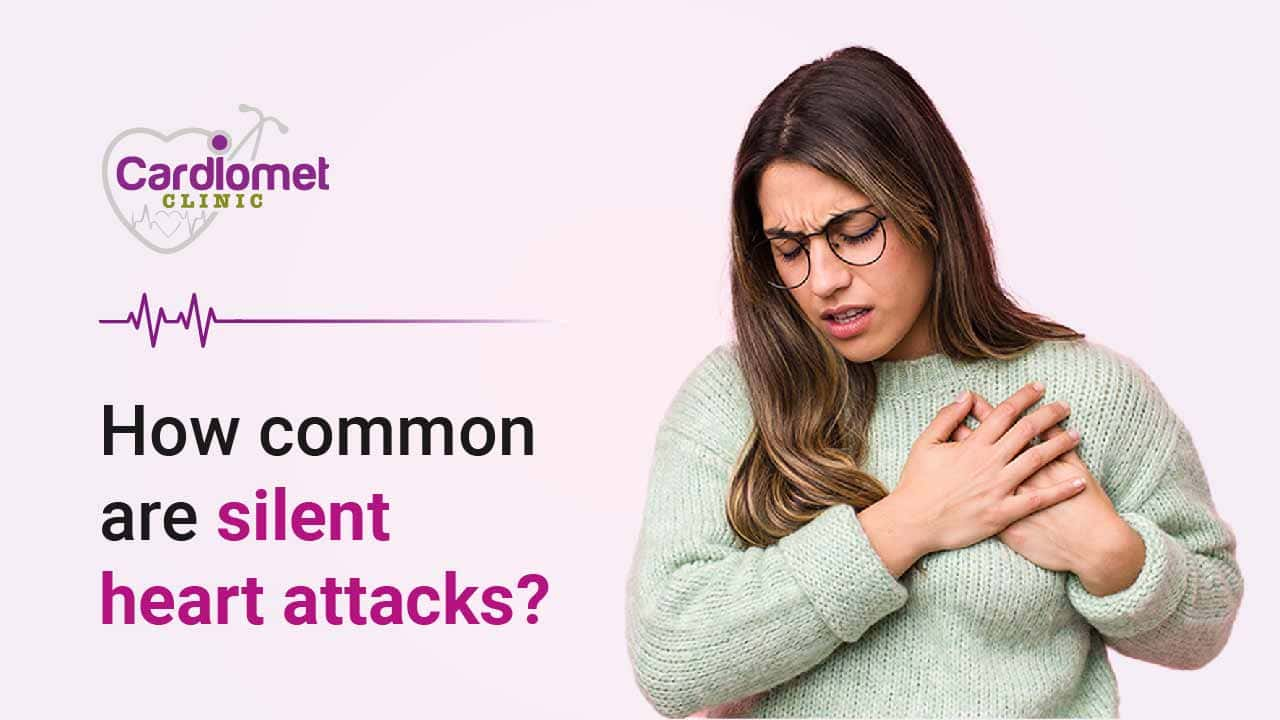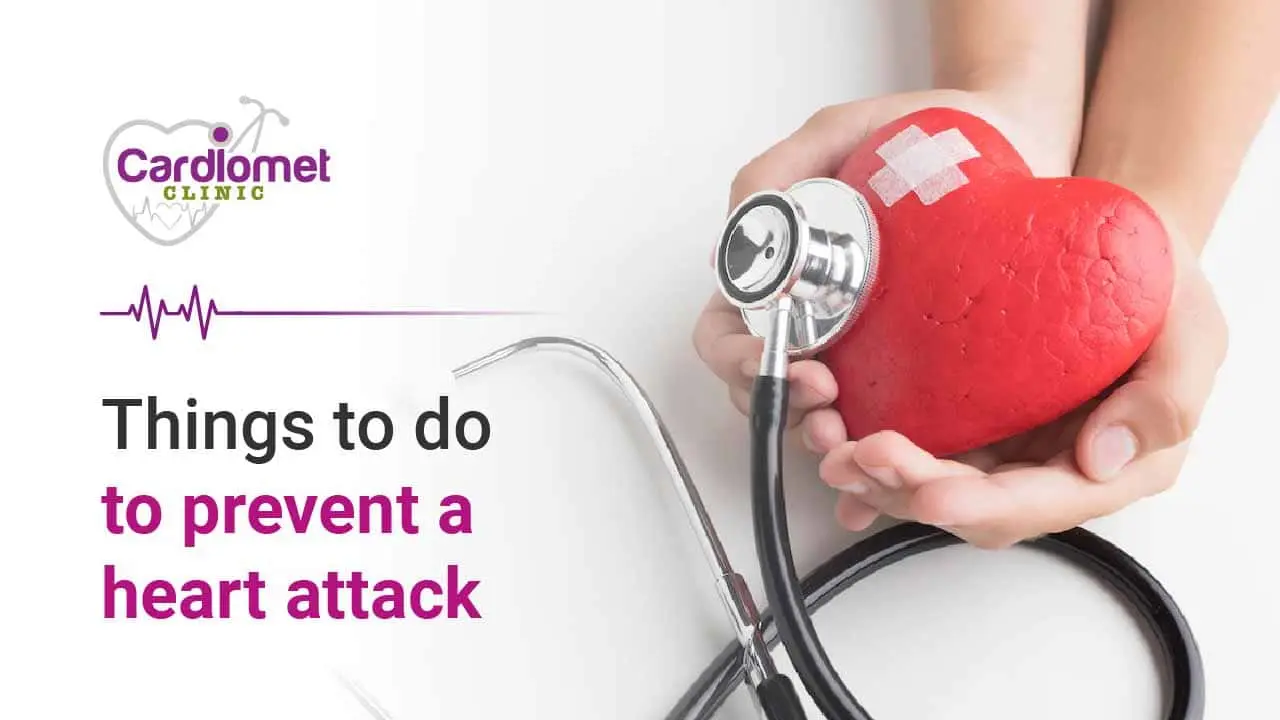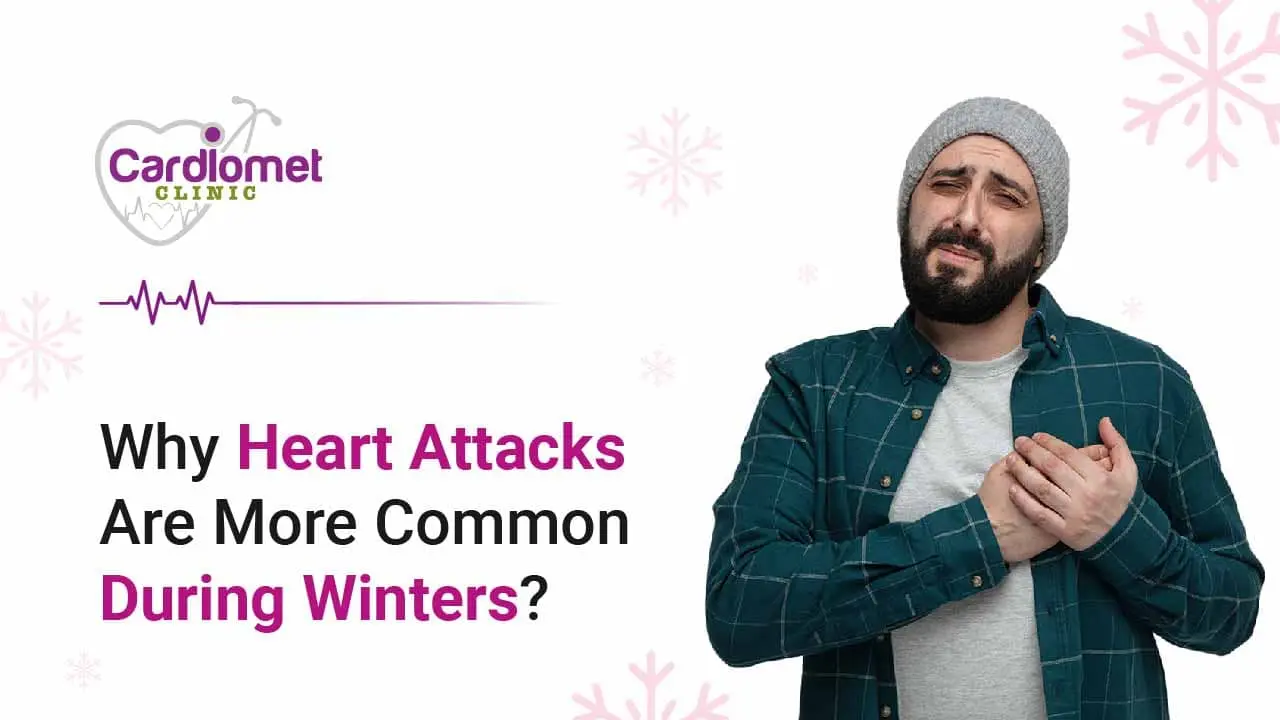Harmful Connection Between Stress and Anxiety in Hypertension
All you need to know about hypertension ie high blood pressure
If you are a heart patient, it is important to be aware of the silent killer known as Hypertension. Hypertension or high Blood pressure is one of the leading Contributing Factors in Cardiovascular Illnesses such as stroke, Pulmonary oedema or Congestive heart failure.
In this post, we will talk about what causes hypertension and the common symptoms associated with it so that you can identify any possible warning signs and get treatment right away if needed.
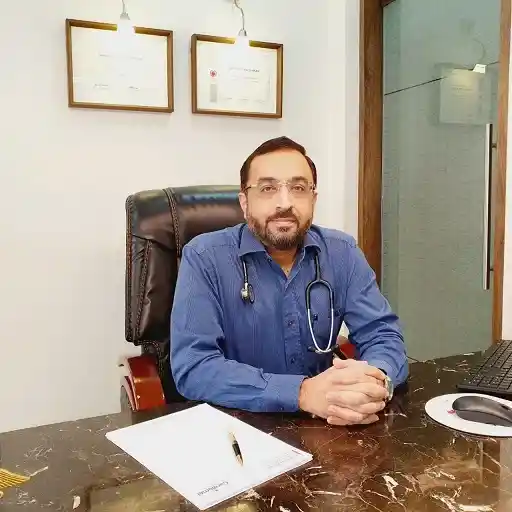
Hypertension
Hypertension, commonly known as high blood pressure, is a medical condition characterized by consistently elevated blood pressure levels. Blood pressure is the force exerted by the blood against the walls of the arteries as the heart pumps it throughout the body. Hypertension occurs when this force is too high, putting extra strain on the blood vessels and the heart.
There are different types of hypertension, which can be classified based on their causes and characteristics.

The main types include:
- Primary (Essential) Hypertension:
This is the most common form of hypertension, affecting about 90-95% of people with high blood pressure. The exact cause of primary hypertension is unknown, but it is believed to result from a combination of genetic, environmental, and lifestyle factors, such as age, family history, obesity, lack of physical activity, high salt intake, and stress.
- Secondary Hypertension:
Secondary hypertension accounts for about 5-10% of hypertension cases and occurs as a result of an underlying medical condition or medication. Common causes of secondary hypertension include kidney disease, adrenal gland disorders, thyroid problems, sleep apnea, certain medications (e.g., birth control pills, decongestants, and nonsteroidal anti-inflammatory drugs), and substance abuse (e.g., alcohol or illicit drugs).
- White Coat Hypertension:
This type of hypertension is characterized by elevated blood pressure readings in a clinical setting, such as a doctor's office, but normal blood pressure measurements at home. White coat hypertension is thought to be caused by anxiety or stress related to medical appointments and may not require treatment, although regular monitoring is recommended.
- Masked Hypertension:
Masked hypertension is the opposite of white coat hypertension, where blood pressure readings are normal in a clinical setting but elevated at home or during daily activities. This type of hypertension can be more challenging to diagnose and may require ambulatory blood pressure monitoring to detect.
- Resistant Hypertension:
Resistant hypertension refers to high blood pressure that remains uncontrolled despite the use of at least three different blood pressure-lowering medications, including a diuretic, at optimal doses. Resistant hypertension may be due to poor medication adherence, undiagnosed secondary hypertension, or lifestyle factors.
- Isolated Systolic Hypertension:
This type of hypertension is characterized by elevated systolic blood pressure (the top number) and normal diastolic blood pressure (the bottom number). It is more common in older adults due to age-related changes in blood vessel elasticity and can increase the risk of cardiovascular events.
- Pulmonary Hypertension:
Pulmonary hypertension is a specific form of high blood pressure that affects the arteries in the lungs. It can result from various underlying conditions, such as heart failure, lung disease, or blood clots, and can lead to shortness of breath, fatigue, and other symptoms.
Each type of hypertension may require different diagnostic approaches and treatment strategies, making it essential to work closely with a healthcare provider to determine the most appropriate course of action for managing high blood pressure and reducing the risk of complications.
What causes high blood pressure in young adults?
High blood pressure (hypertension) in young adults can be caused by Various Factors. Although it is less common compared to older adults, it is essential to identify and address the underlying causes to prevent long-term complications.
Some of the possible causes for high blood pressure in young adults include:
- Genetics: A family history of hypertension can increase the risk of developing high blood pressure at a younger age.
- Obesity: Excess body weight can contribute to high blood pressure by increasing the workload on the heart and causing changes in hormone levels that affect blood pressure regulation.
- Unhealthy diet: Consuming a diet high in sodium, saturated fats, and processed foods can contribute to high blood pressure in young adults.
- Lack of physical activity: A sedentary lifestyle can lead to weight gain and reduced cardiovascular fitness, both of which can increase the risk of hypertension.
- Alcohol and substance abuse: Excessive alcohol consumption or the use of illicit drugs, such as cocaine or amphetamines, can cause a temporary or sustained increase in blood pressure.
- Stress: Chronic stress can Cause a Temporary elevation in Blood Pressure, and over time, it may contribute to the development of hypertension.
- Smoking: The chemicals in Tobacco smoke can damage blood vessels and cause inflammation, leading to increased blood pressure.
- Sleep disorders:Conditions such as sleep apnea, where breathing is repeatedly interrupted during sleep, can cause fluctuations in blood pressure and increase the risk of hypertension.
- Secondary causes: In some cases, High Blood Pressure in young adults may be due to an underlying medical condition or medication. These secondary causes can include kidney disease, hormonal imbalances, thyroid problems, adrenal gland disorders, or the use of certain medications, such as birth control pills, decongestants, and nonsteroidal anti-inflammatory drugs (NSAIDs).

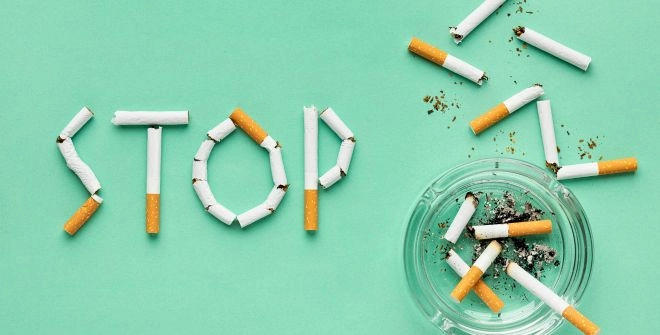
If a young adult is Diagnosed with High Blood Pressure, it is crucial to work closely with a healthcare provider to identify the underlying cause, implement lifestyle changes, and initiate appropriate treatment to manage the condition and prevent complications.
The Risks and Complications of Untreated Hypertension are not to be Underestimated. Prioritize your health by Consulting a Qualified Hypertension Specialist in Pune, who can provide necessary interventions to safeguard your well-being.
Top 10 Symptoms of Hypertension
It is important to note that high blood pressure, or hypertension, often does not cause noticeable symptoms, which is why it is referred to as the "silent killer." Regular check-ups and blood pressure monitoring are essential for early detection and management. However, when symptoms do occur,
They May Include:
- Headaches: Frequent, persistent headaches can be a sign of high blood pressure, especially if they occur in the morning or are accompanied by other symptoms.
- Dizziness: Feeling lightheaded or unsteady may indicate that blood pressure is elevated.
- Blurred vision: High blood pressure can affect blood vessels in the eyes, leading to vision problems or blurry vision.
- Shortness of breath:Difficulty breathing or feeling winded during everyday activities can be a sign of hypertension.
- Chest pain: High blood pressure can cause chest pain or discomfort, which may be mistaken for heartburn or indigestion.
- Nosebleeds: Frequent, unexplained nosebleeds can be a symptom of elevated blood pressure.
- Fatigue: Chronic tiredness or lack of energy may be associated with high blood pressure, particularly if other symptoms are present.
- Irregular heartbeat: An irregular or rapid heartbeat can be a sign of hypertension or other cardiovascular issues.
- Pounding in the Ears or Head: A sensation of pounding or throbbing in the ears or head can be a symptom of high blood pressure.
- Swelling in the Legs, Ankles,or Feet: Hypertension can affect kidney function, leading to fluid retention and swelling in the lower extremities.
If you experience any of these symptoms or suspect you may have high blood pressure, consult your nearest best Cardiologist for an accurate diagnosis and appropriate treatment. These symptoms typically occur when blood pressure reaches dangerously high levels or if hypertension has been present for a long time without proper management.
Remember that early detection and management of hypertension are crucial for reducing the risk of serious complications such as heart disease, stroke, and kidney failure.
Don't wait for complications to arise. It's time to take control of your hypertension, Prioritize early detection and regular monitoring to effectively manage your condition and safeguard your well-being. Book a Consultation with the Best doctor for hypertension in Pune at Cardiomet Clinic.
Diagnosis:
Hypertension is typically diagnosed through blood pressure measurements taken during routine medical check-ups or using a home Blood Pressure Monitor.
Blood pressure is measured in millimeters of mercury (mmHg) and is expressed as two numbers: systolic pressure (the higher number, representing the pressure during a heartbeat) over diastolic pressure (the lower number, representing the pressure between heartbeats).
A normal blood pressure reading is generally considered to be around 120/80 mmHg. Hypertension is usually diagnosed when a person's blood pressure consistently measures 140/90 mmHg or higher.
Potential Complications:
If left untreated, hypertension can lead to various serious health complications, including:
- Heart disease: High blood pressure can damage the arteries and cause a buildup of plaque (atherosclerosis), increasing the risk of coronary artery disease, heart attack, and heart failure.
- Stroke: Hypertension can weaken the blood vessels in the brain, making them more susceptible to rupture or blockage, leading to a stroke.
- Kidney disease:The increased pressure on Blood vessels can damage the delicate filtering system within the kidneys, potentially leading to chronic kidney disease or kidney failure.
- Vision loss: Hypertension can damage the blood vessels in the eyes, resulting in retinopathy, which can cause vision loss or blindness.
- Peripheral artery disease: High blood pressure can narrow and harden the arteries supplying blood to the legs and feet, causing pain and increasing the risk of infection or tissue death.
Managing hypertension is crucial for reducing the Risk of these complications. Lifestyle changes, such as maintaining a healthy weight, exercising regularly, eating a balanced Diet, Reducing Salt intake, Limiting Alcohol consumption, and managing stress, can help Lower Blood pressure. In some cases, medication may also be prescribed to effectively manage hypertension.
Treatment of Hypertension
- Lifestyle changes: Adopting a healthy lifestyle is often the first line of defense against hypertension. This includes maintaining a healthy weight, exercising regularly, eating a balanced diet rich in fruits, vegetables, and whole grains, reducing salt intake, limiting alcohol consumption, and managing stress.
- Medication: If lifestyle changes alone are not enough to lower blood pressure, healthcare providers may prescribe medication. There are several classes of blood pressure medications, including diuretics, beta-blockers, ACE inhibitors, calcium channel blockers, and angiotensin II receptor blockers (ARBs). The choice of medication depends on the individual's specific needs, medical history, and potential side effects..
- Surgery: In Rare cases, when hypertension is caused by an underlying condition such as a blocked artery or kidney abnormalities, surgery may be necessary to correct the issue and lower blood pressure.
Experience the transformative power of Hypertension treatment in pune, where Dr. Abhijeet Palshikar combines his unparalleled expertise, patients find solace, hope, and a renewed sense of possibility in their journey towards better health.
Prevention of Hypertension
Preventing hypertension involves making healthy lifestyle choices, including:
- Eating a healthy diet: Consume a diet rich in fruits, vegetables, whole grains, lean protein sources, and low-fat dairy products. Limit sodium intake, and avoid processed foods high in salt and unhealthy fats.
- Exercising regularly: Aim for at least 150 minutes of moderate-intensity aerobic exercise or 75 minutes of vigorous-intensity aerobic exercise per week, combined with muscle-strengthening activities on two or more days per week.
- Maintaining a healthy weight: Excess weight can contribute to high blood pressure. Losing even a small amount of weight can help lower blood pressure and reduce the risk of hypertension.
- Limiting alcohol consumption: Moderate alcohol intake is recommended as one drink per day for women and two drinks per day for men. Excessive alcohol consumption can increase blood pressure.
- Managing stress: Practicing relaxation techniques, such as deep breathing exercises, meditation, or yoga, can help manage stress and maintain healthy blood pressure levels.
Incorporating these preventive measures into your daily Routine can significantly reduce the risk of developing hypertension and maintain overall cardiovascular health.
FAQs
What are the long-term effects of hypertension?
Uncontrolled hypertension can lead to various long-term complications mentioned above.
How can I lower my Risk of developing hypertension?
To Lower your Risk of Developing Hypertension, consider these Lifestyle changes:
- Maintain a healthy weight
- Exercise regularly
- Eat a balanced Diet,Rich in Fruits, Vegetables, whole Grains, and Lean Protein
- Limit Sodium Intake
- Reduce Slcohol Consumption
- Avoid smoking or using tobacco products
- Manage stress through relaxation techniques, such as meditation, yoga, or deep breathing exercises
What should I do if I experience side effects from hypertension medication?
If you experience side effects from your hypertension medication, it's important to consult your cardiologist. They may adjust your dosage, change your medication, or recommend strategies to manage the side effects. Do not stop taking your medication without consulting your physician, as this could lead to uncontrolled blood pressure and increased health risks.
What are the signs and symptoms of a hypertensive crisis?
All the above mentioned are the signs & symptoms of hypertension crisis.
What should I do if I think I am having a hypertensive crisis?
If you suspect that you are experiencing a hypertensive crisis, seek immediate medical attention. Call your cardiologist or go to the nearest hospital. A hypertensive crisis is a life-threatening condition that requires prompt medical intervention to prevent severe complications, such as organ damage, stroke, or heart attack.
To summarise, hypertension is a serious condition that can lead to long-term complications, such as heart disease, stroke, kidney disease, vision loss, and peripheral artery disease. Fortunately, it can be prevented or managed through lifestyle changes and medication. It's important to make healthy lifestyle choices and understand the signs and symptoms of hypertensive crisis so you can seek prompt medical attention if necessary.
